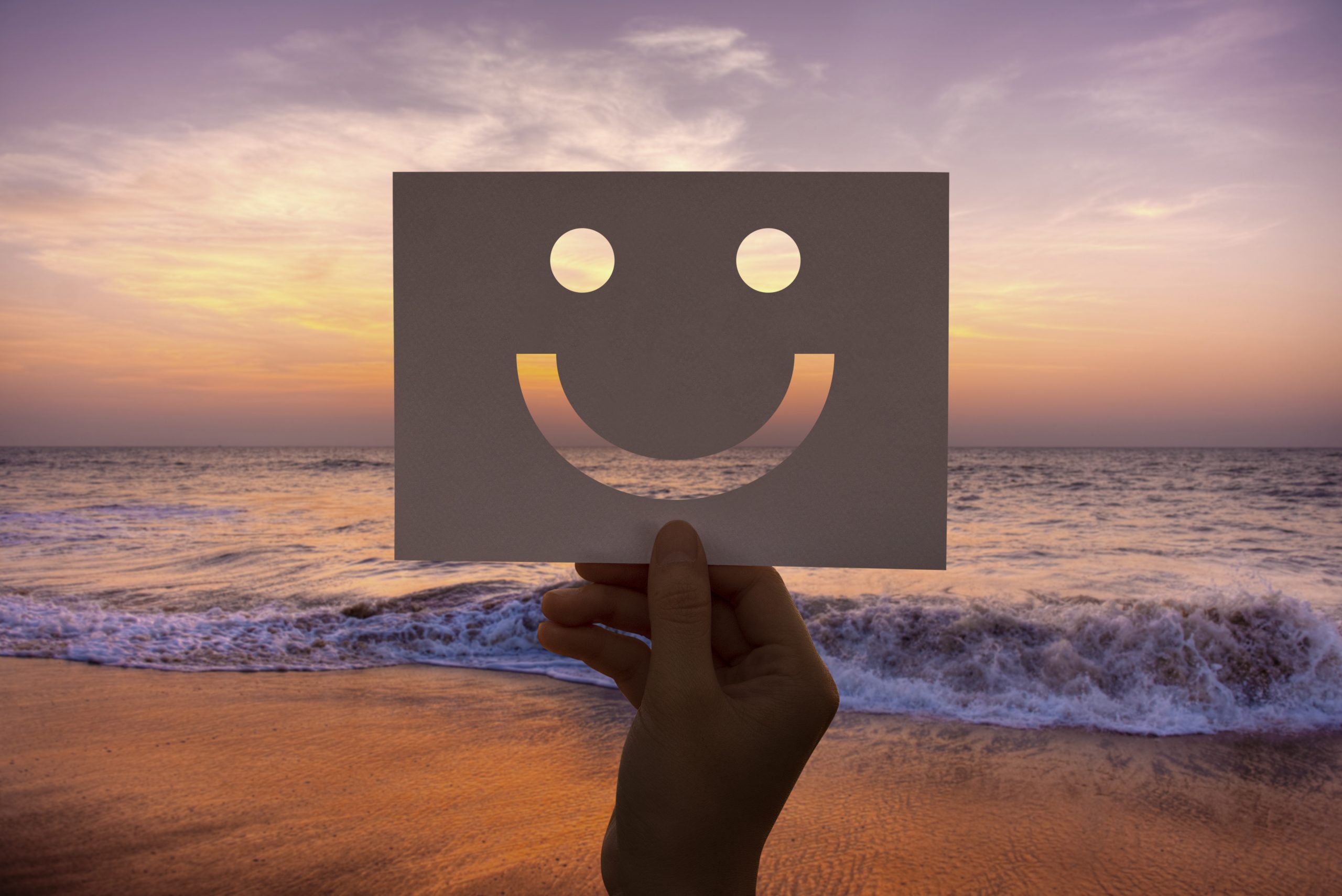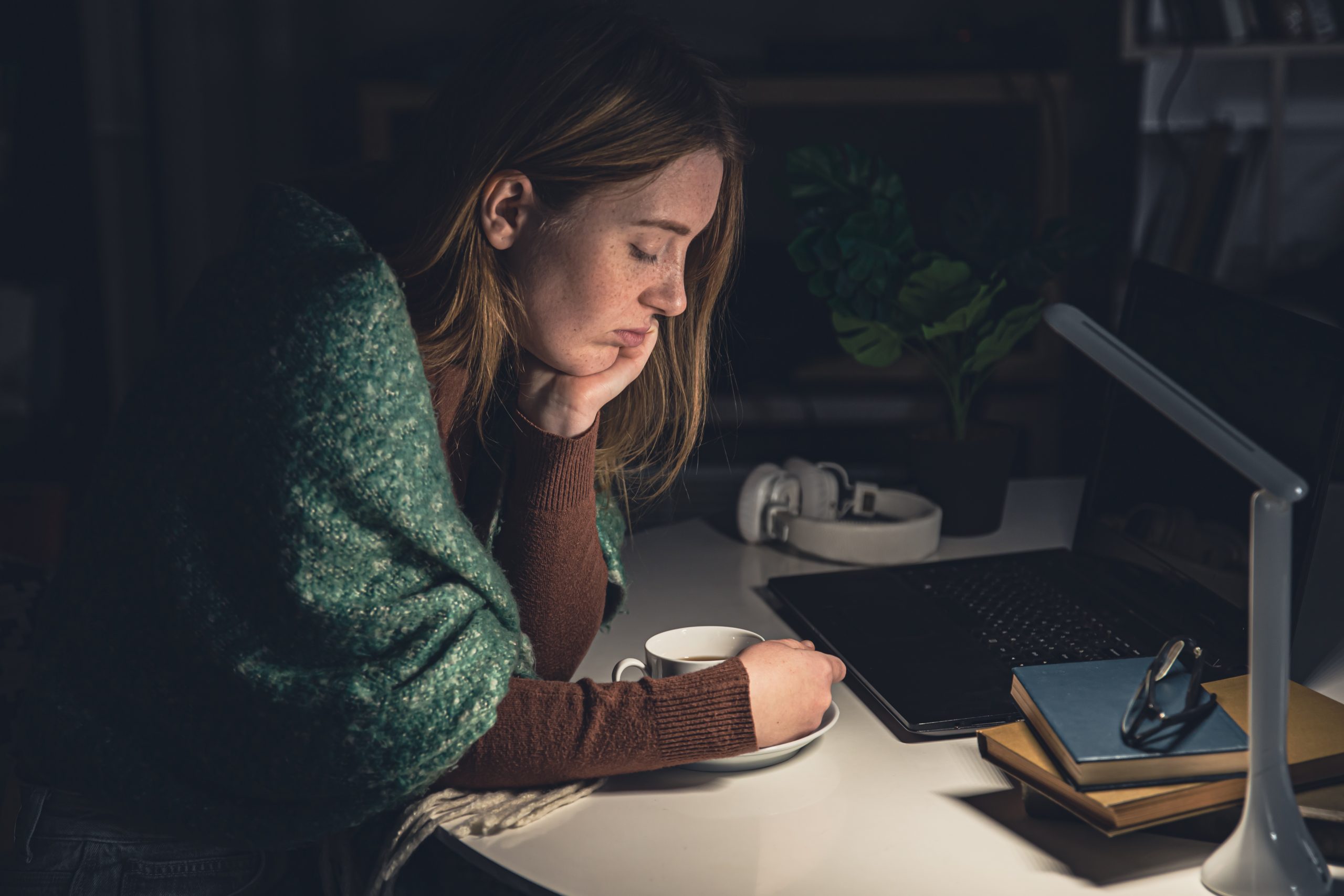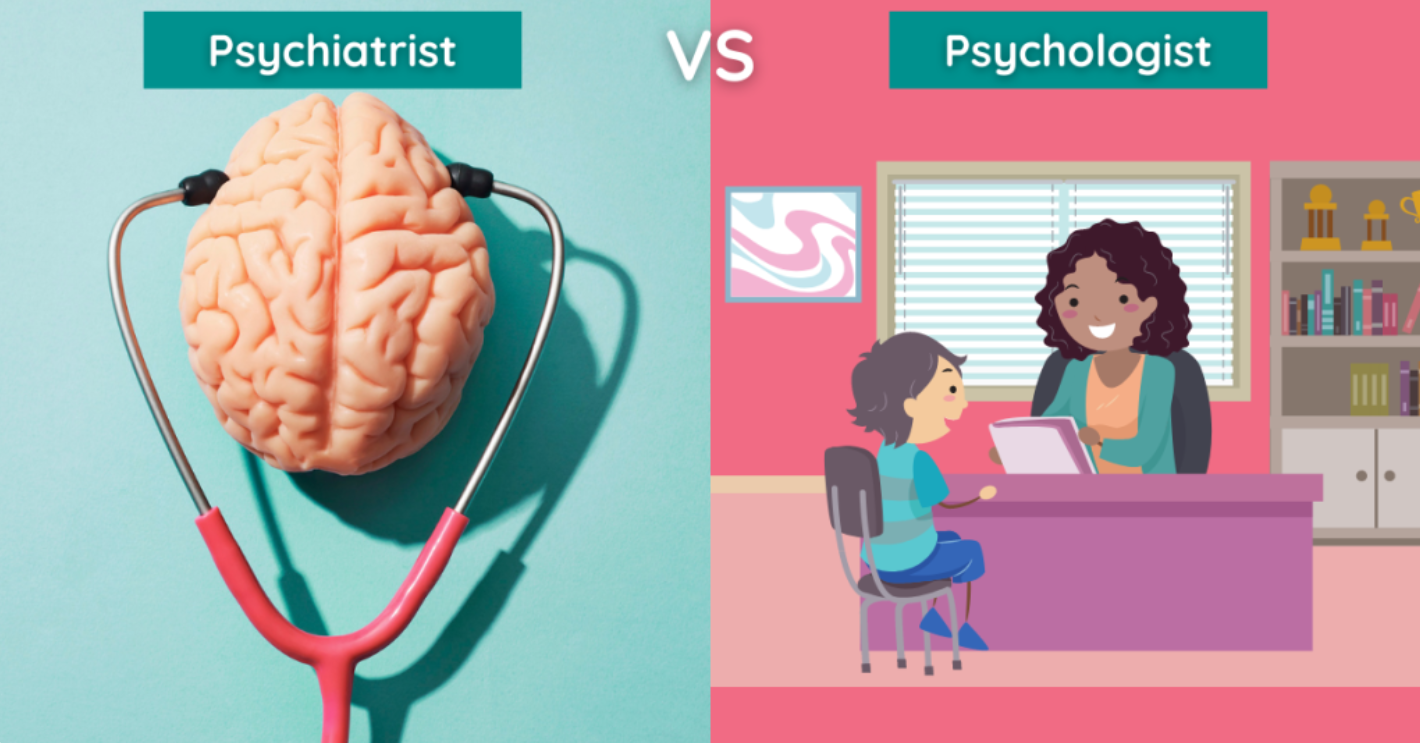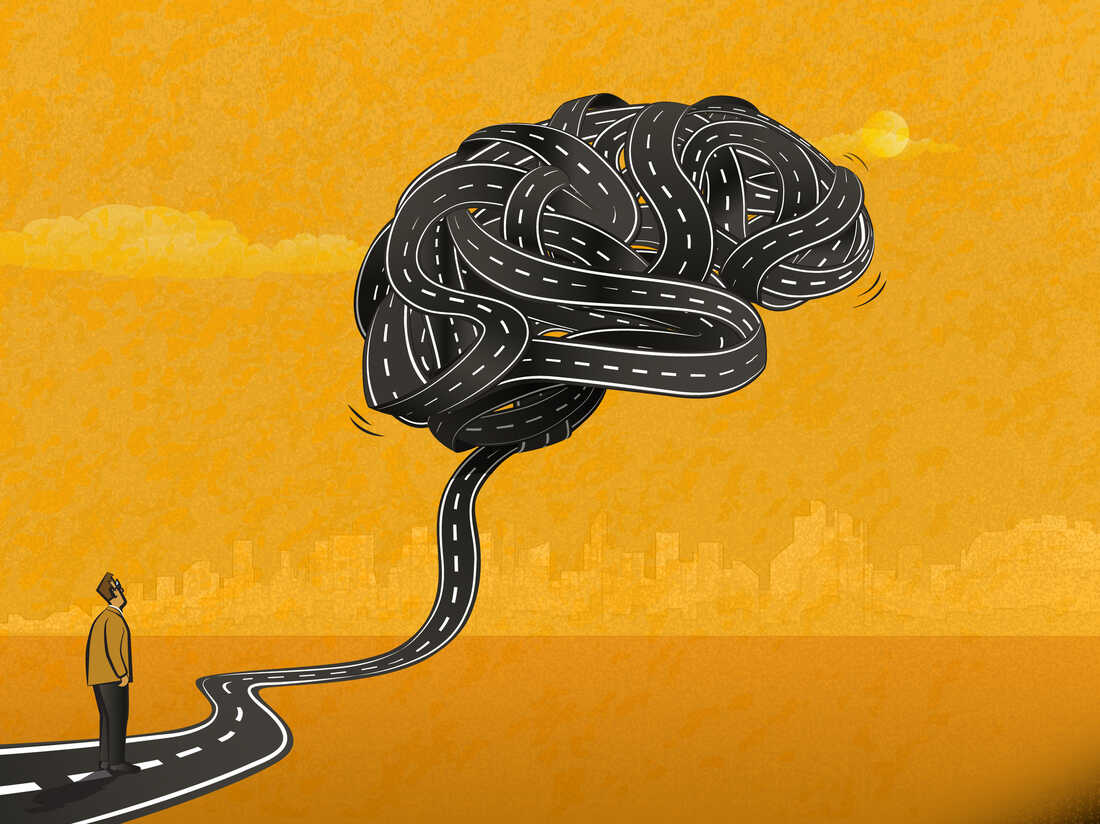Understanding Depression
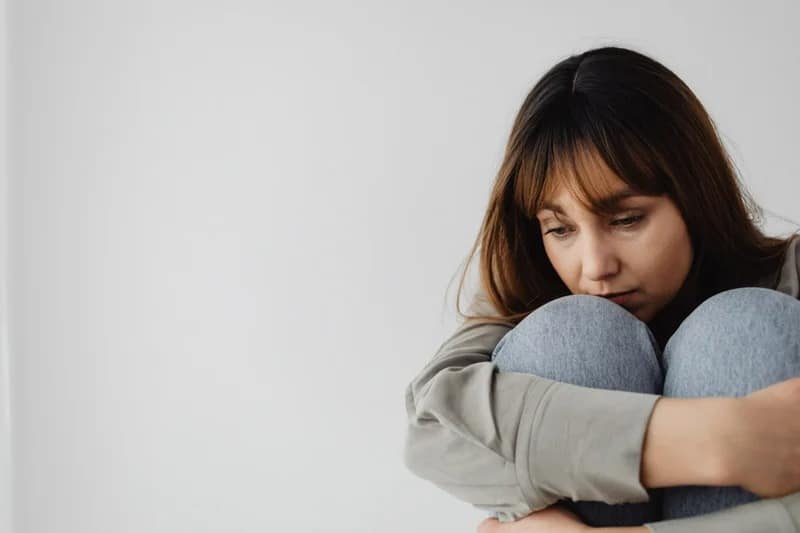
Depression (Major Depressive Disorder) is a mental health disorder that can significantly impact a person’s daily life. It is more than just feeling sad or down for a few days, but a persistent and overwhelming feeling of sadness, hopelessness, and loss of interest in activities that the person used to enjoy (anhedonia). Depression can affect a person’s physical and emotional health, causing fatigue, changes in appetite and sleep patterns, difficulty concentrating, and even thoughts of self-harm or suicide.
Depression can occur due to various factors, including biological, genetic, environmental, and psychological factors. It can also result from a traumatic life event, such as a death or loss of a loved one, relationship problems, financial difficulties, or chronic stress.
Depression affects an estimated one in 15 adults (6.7%) in any given year. And one in six people (16.6%) will experience depression at some time in their life. Depression can occur at any time, but on average, first appears during the late teens to mid-20s. Women are more likely than men to experience depression. Some studies show that one-third of women will experience a major depressive episode in their lifetime. There is a high degree of heritability (approximately 40%) when first-degree relatives (parents/children/siblings) have depression.
Depression is a treatable condition, and there are effective treatments available, including therapy, medication, and lifestyle changes. However, it’s essential to seek professional help as soon as possible if you suspect you or someone you know may be experiencing depression. Early intervention can lead to better outcomes and a quicker recovery.
SYMPTOMS of depression

At our psychiatric and therapy clinic, we recognize the profound impact that depression can have on your life. Depression is more than just a passing mood; it’s a complex and challenging mental health condition that affects millions of individuals worldwide. We are here to provide you with a clear understanding of depression, its symptoms, and the support you need to navigate this journey toward healing and well-being.
Common Symptoms of Depression:
- Persistent Sadness: One of the hallmark signs of depression is a deep and persistent sense of sadness that lingers for weeks or even months. This feeling is often unexplained and unrelated to specific life events.
- Loss of Interest: Depression can steal away your enthusiasm and interest in activities that once brought joy. Hobbies, relationships, and even everyday tasks may start to feel burdensome.
- Fatigue and Low Energy: Feeling constantly tired, even after a full night’s rest, is a common symptom of depression. Everyday activities can become exhausting, and motivation wanes.
- Changes in Appetite or Weight: Depression can lead to fluctuations in appetite. Some individuals may overeat, while others may lose interest in food, resulting in significant weight changes.
- Sleep Disturbances: Sleep disturbances are often associated with depression. You may struggle to fall asleep, experience frequent awakenings during the night, or find it difficult to get out of bed in the morning.
- Feelings of Worthlessness: A persistent sense of worthlessness, guilt, or self-criticism can be a significant component of depression. Individuals may unfairly blame themselves for life’s difficulties.
- Difficulty Concentrating: Concentration and decision-making become challenging when you’re battling depression. This can impact your work, relationships, and overall quality of life.
- Physical Symptoms: Depression isn’t solely an emotional experience. It can manifest physically with headaches, digestive problems, and other unexplained aches and pains.
- Isolation: Many people with depression withdraw from social interactions, preferring to be alone. This isolation can deepen the emotional pain.
- Thoughts of Self-Harm or Suicide: In severe cases, depression can lead to thoughts of self-harm or suicide. These thoughts should never be ignored and require immediate professional intervention.
TREATMENT for depression
Depression is among the most treatable of mental disorders. Between 80% and 90% percent of people with depression eventually respond well to treatment. Almost all patients gain some relief from their symptoms.
Self-help: There are several things people can do to reduce the effects of symptoms of depression. Regular exercise is one common method, as it helps create positive eating and improved mood. Getting enough sleep, and spending time with people you care about can improve depression symptoms.
Therapy for depression: Psychotherapy, or “talk therapy,” is sometimes used alone for treatment of mild depression; for moderate to severe depression, psychotherapy is often used along with antidepressant medications. Cognitive behavioral therapy (CBT) has been found to be effective in treating depression.
CBT is a form of therapy focused on the problem solving in the present. CBT helps a person to recognize distorted/negative thinking with the goal of changing thoughts and behaviors to respond to challenges in a more positive manner. Psychotherapy may involve only the individual, but it can include others. For example, family or couples therapy can help address issues within these close relationships.
Group therapy brings people with similar illnesses together in a supportive environment, and can assist the participant to learn how others cope in similar situations. Depending on the severity of the depression, treatment can take a few weeks or much longer. In many cases, significant improvement can be made in 10 to 15 sessions.Effective forms of therapy are:
Eye Movement Desensitization and Reprocessing (EMDR Therapy)
Interpersonal Therapy
Alternative medicine: People with mild depression or ongoing symptoms can improve their well-being with complementary therapy. Therapy may include massage, acupuncture, hypnosis and biofeedback.
Medication: Prescription medication for depression called antidepressants can help change brain chemistry that causes depression. Antidepressants can take a few weeks to have an effect. The most common Antidepressants are SSRIS (Selective Serotonin Reuptake Inhibitors) and also SNRIs (Serotonin and Norepinephrine Reuptake Inhibitors). These depression medications are not sedatives, “uppers” or tranquilizers. They are not habit-forming. Generally antidepressant medications have no stimulating effect on people not experiencing depression.
Some antidepressants have side effects, which often improve with time. If they don’t, talk to your provider. A different medication may work better for you.
If you or someone you know is dealing with depression, do not hesitate to reach out to AMP Mental Health today. Our compassionate and empathetic providers will work with you to get you back on your way toward balance. Call 305 204 9355.
Related conditions
- Postpartum Depression/Peripartum Depression
- Seasonal Depression/ Seasonal Affective Disorder
- Bipolar Disorders
- Persistent Depressive Disorder
- Premenstrual Dysphoric Disorder
- Disruptive Mood Dysregulation Disorder
BLOGS about depression:
REQUEST AN APPOINTMENT
OUR OFFICE IS IN THE HEART OF MIAMI
1411 SW 22nd St
Miami, FL 33145
HEALING HOURS
MON
9am-5pm
TUES
9am-5pm
WED
9am-5pm
THR
9am-5pm
FRI
9am-5pm
SAT-SUN
Closed



